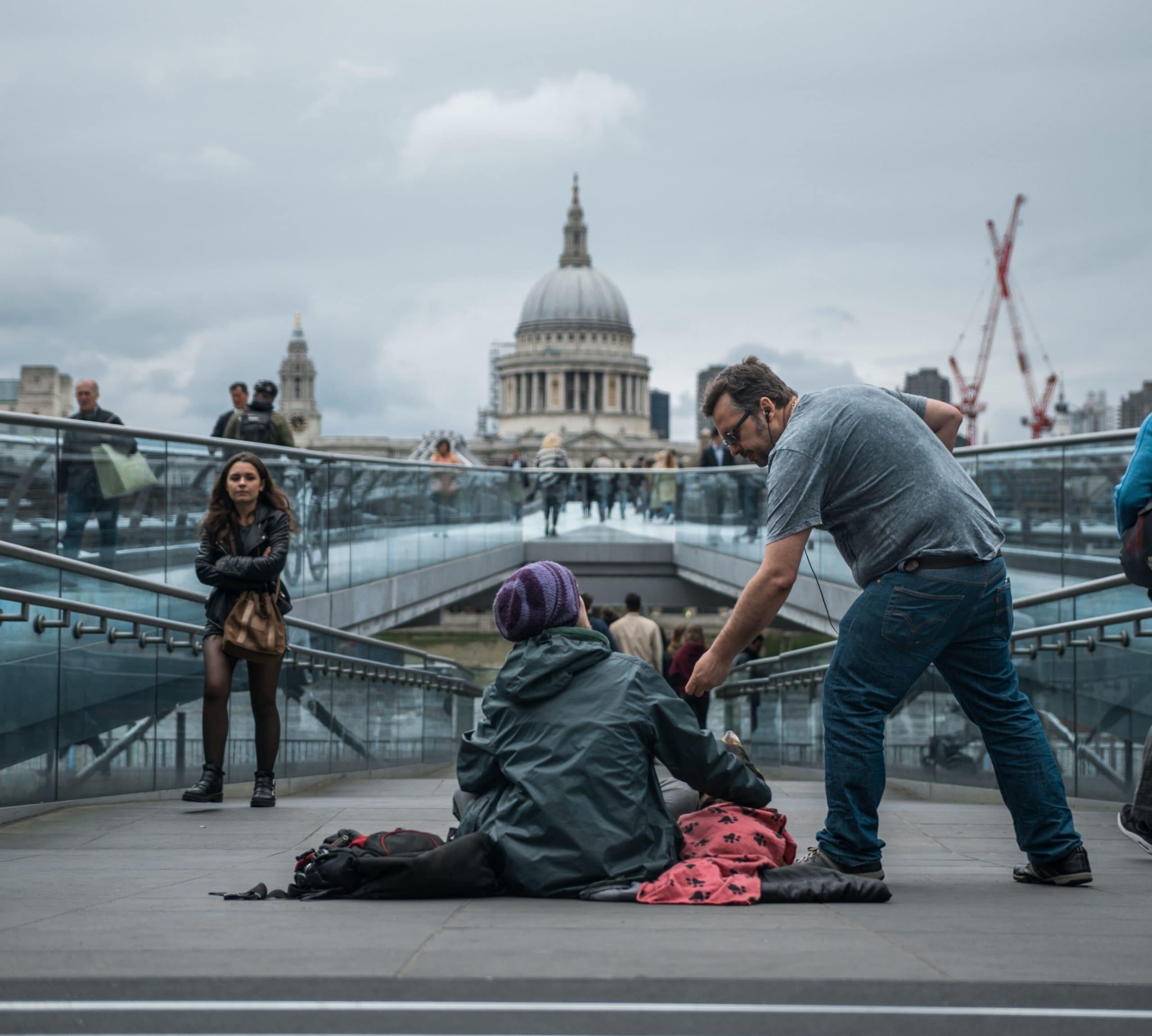The United Nations’ rapporteur on extreme poverty and human rights, Philip Alston, is coming to the UK in November to further investigate the state of poverty.
Philip Alston has called for UK residents who are currently living in poverty or extreme poverty to submit their “most significant human rights violations” to him by 14 September.
Those who are taking part in the submissions are asked to express their stories and experiences in no less than 2,500 words. He has done this in order to find out what is happening and where so he could in turn, visit and look at those areas.
Alston aims to consider the extent to which “austerity has been necessary” in its impact on public sectr services such as policing, firefighting and libraries.
Brexit will also be taken into consideration as a major factor.
He defines extreme poverty as:
“A lack of income, a lack of access to basic services and social exclusion.”
As a response to this, the government has stated that household incomes in the UK are currently at their highest and that the number of people living in extreme poverty in the UK has decreased by 1 million since 2010, “including 300,000 children.”
Many cases of extreme poverty in the UK have been brought to Alston’s attention.
A case which stood out was Alexander Tiffin’s case. Tiffin is a 30-year old Scottish man who sent a diary of his life on universal credit to the human rights lawyer. He is a wheelchair user who receives his income from universal credit payments. He has claimed that after paying all the necessary bills such as his TV licence, gas and fuel, he is left with £10.50 to live on for two whole weeks.
“At one time in February, I had no food at all for two weeks,” he wrote. “I probably ate on less than a quarter of the days in that month. I just had nothing. I lost two and a half stone … my hair has started falling out and my teeth are loose due to a lack of vitamin intake,” said Tiffin.
Ian Duncan Smith, founder of the Centre for Social Justice and universal credit in UK, said that the organisation would not make a submission to Alston.
Head of policy, Edward Davies stated:
“Universal credit is one of the most effective poverty fighting tools in existence.
When it is fully rolled out, hundreds of thousands more people will have a job as a result.”
However, Human Rights Watch researcher for Western Europe, Katrik Raj said, “There is a lot of hunger that goes under the radar, ranging from parents skipping meals, kids showing up to school hungry, and schools and families relying on low-cost, redistributed surplus food to make ends meet… People have a right to food and an adequate standard of living. These are human rights the government is obliged to ensure under international treaties it has signed. If the fifth largest economy in the world is failing to ensure that basic minimum, or letting things get worse, particularly for those who are least well off, then that is certainly something we will be bringing to the rapporteur’s attention.”
Similarly, the Trussell Trust which runs food banks has found an increase in the use of food banks which rose to 52% in areas where universal credit was introduced.
Also, the Joseph Rowntree Foundation has said that it will appeal to Alston to investigate the benefit sanctions in the Uk which have lead to an increase in destitution.
They found that in 2017, approximately 1.5 million people became destitute. These figures were found to be the highest in Manchester, Middlesbrough and Liverpool.
Deputy director of the Joseph Rowntree Foundation stated:
“Destitution cuts off your ability to have a decent life and affects mental and physical health and the opportunities for you and your children in the future.”
The UK government plans to accept the visits of UN rapporteurs to investigate the poverty situation.




